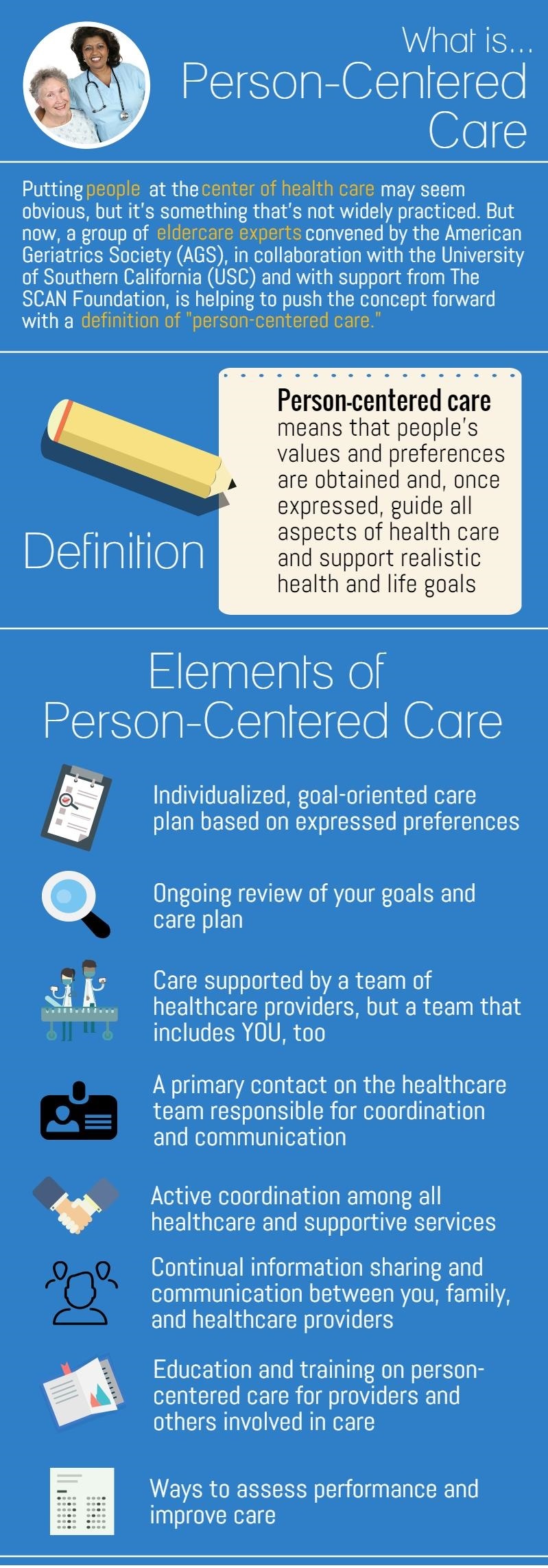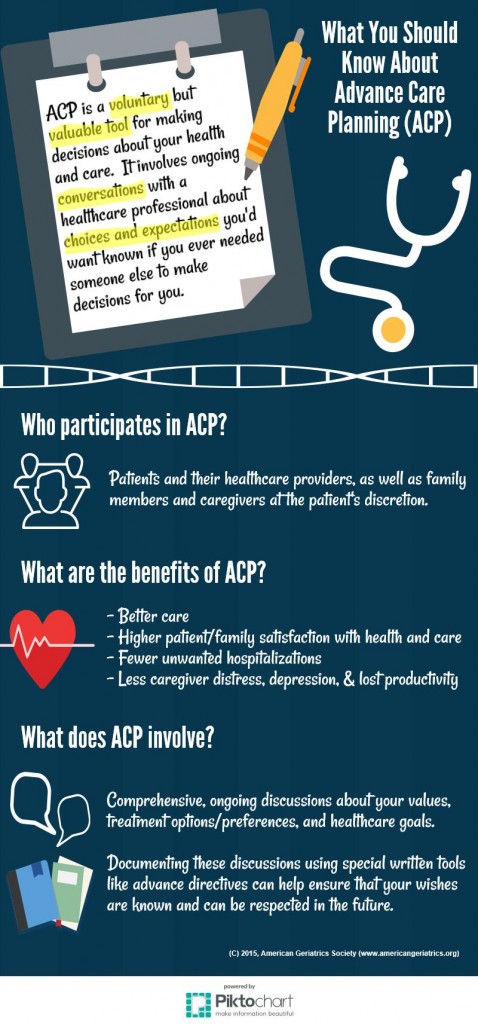 Barbara Resnick, PhD, CRNP
Barbara Resnick, PhD, CRNP
Professor
Sonya Ziporkin Gershowitz Chair in Gerontology
University of Maryland School of Nursing
As someone who is generally the caregiver—professionally and as a woman, mom, wife and daughter—I have had the opportunity to learn recently what is most helpful when being on the receiving end of caregiving. My thoughts combine my professional work as well as the personal experiences I have had with the health care system and with some challenging health care issues.
There is a difference between short-term caregiving events (such as helping someone after a joint replacement, fracture, or cancer treatment), compared to long-term caregiving events (such as caring for someone who has had a major stroke or who has dementia or Parkinson’s disease). The approaches recommended here can be used for both short- and long-term caregiving.
My most recent thoughts come from going through an extremely aggressive course of radiation and chemotherapy. In this treatment, the health care team is focused on destroying cancer cells and not necessarily on helping the individual undergoing treatment cope. Therefore, a caregiver, or what I like to think of as a “care coach” or “care champion,” is essential. That role generally falls on family, friends, or co-workers.
Based on my experience, here are some ways to be a terrific care coach. Continue reading



